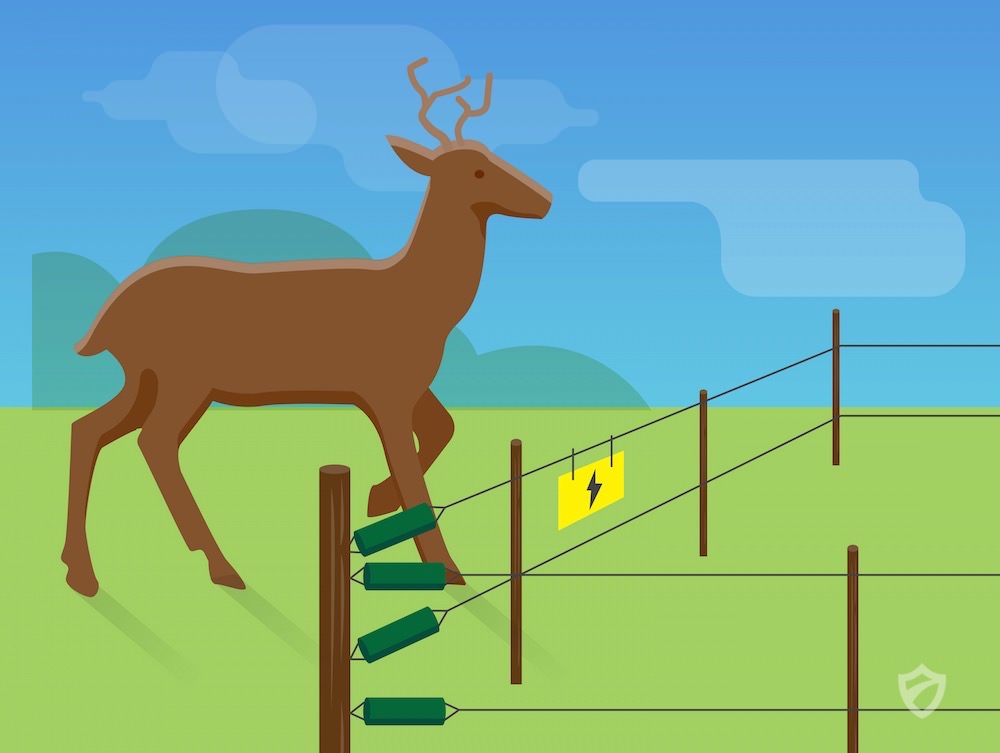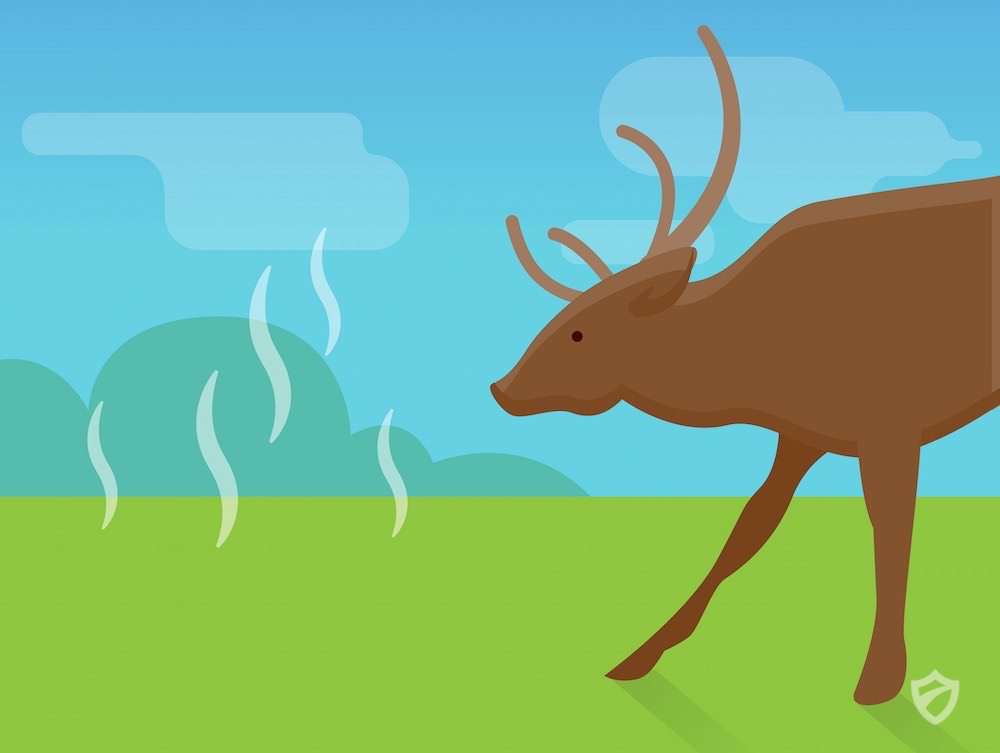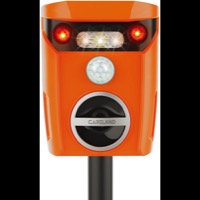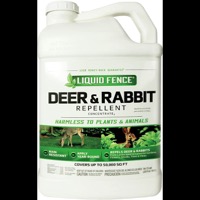Best Deer Repellents

By Jess Simmonds, Expert Reviewer for Repellent Guide
published: Aug 01, 2017 | updated: Aug 01, 2017
Deer are generally tame and mild-mannered animals that are not threatening to humans, however, their population numbers can soar and this can lead to a dwindling of the food supply. When this occurs, deer will often go in search of food in areas where humans reside, despite the fact that they are natural skittish and wary of a human presence.
Deer love to snack on vegetation and are notorious for destroying or damaging gardens by chewing and trampling plants, stripping trees of their bark and leaving feces wherever they have been. The best deer repellent to consider for protecting outdoor gardens is a fence. While fences, depending on the type, can be very expensive, they are a very commonly used method for keeping deer away from certain areas. Most fences that are used as a deer repellent do not have to be very high. A simple fence can be constructed from wooden stakes and chicken wire. More extravagant fences can be wired with electricity, although these can be expensive. If a fence is not high enough, deer may attempt to jump over the fence into the enclosed area. To prevent this, a fence can be set at an outward angle to deter the deer from wanting to jump.
An electric fence can be used in a few ways. One way is to set the fence at a low charge and put food, such as peanut butter, on the wires. The deer will be attracted to the smell, will lick the fence and receive a low voltage charge. This will remind them from not returning to the area. Another way to use an electric fence would be to set the voltage quite high. Deer will usually not approach the fencing as they will hear the sound of the electricity in the wires and avoid it.

Electric fences are not suitable for areas with high populations or where children will be likely to encounter the fence. New devices use leds to fool deer into believing a predator is after them, these of course are only useful for repelling deer at night.

There are several deer repellent methods that are topically applied as well. Some can be sprayed directly onto the plant life, which will give them a taste and smell that deer find repulsive and intolerable. Some types of ingredients used in topically applied deer repellents include rotten eggs, ammonia, hot sauce and even human hair.

-
Ultrasonic
-
Concentrate



